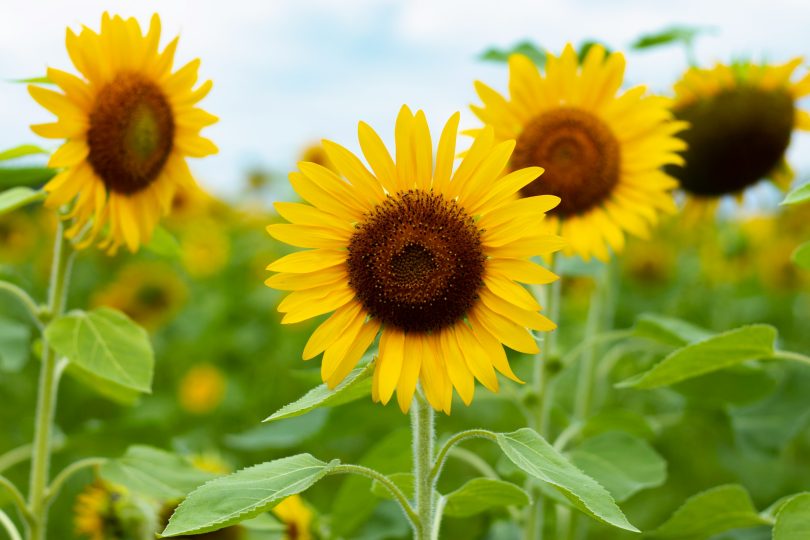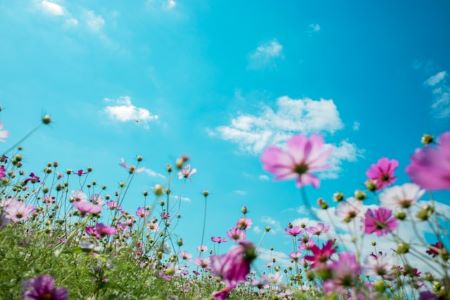In the northern hemisphere we are gradually warming up in readiness for summer to start imminently. Here in India – I already feel like summer is upon us and well underway! As always this will really depend upon where you live and the current climate conditions, as well as your own constitution. So be sure to follow the right advice depending on these factors and how they are affecting you personally.
Typically, as spring progresses, the cold, slow, heavy and sticky qualities of Kapha Dosha, that build up during late winter, gradually melt away and this often results in the chest colds and runny noses common in March – May. The body’s’ natural cleansing process of clearing out and eliminating toxins that were accumulated during the colder months. See my article on natural support for spring time allergies for more information on this topic!
Springtime supports the body’s natural elimination process and cleansing regimens such as “Panchakarma” are highly effective during this time. Panchakarma is a Sanskrit word, meaning “five actions” or “five treatments”. It is a means of flushing “ama” or accumulated toxins out of the body, thereby cleansing and rejuvenating the body and mind. It uses five therapies that will detoxify the body.
Due to variable weather, spring can be a complex and challenging time for our bodies – and this in turn also affects us mentally and emotionally. One day it can be hot and sunny, which increases Pitta Dosha; the next day it can be cold and rainy, which increases Kapha. Since variability is one of the qualities of Vata, these fluctuating weather changes can put Vata out of balance.
As May gives way to the hotter months of June, July and August, Kapha naturally decreases and Pitta increases. These changes in environment and climate necessitate a change in diet and behaviour.
Ayurveda advises us that during spring-time sweet, sour and salty foods that stimulate Kapha should be reduced and pungent, bitter and astringent foods favoured. But as the weather heats up, the body’s needs change and one should favour foods that reduce and thus prevent the build-up of Pitta.
Things to Increase as well as Reduce During Summer (especially for Pitta Dosha)
| INCREASE | REDUCE |
| Sweet, bitter and astringent tastes | Pungent, sour and salty tastes |
| Light, slightly oily, sweet, cooling and liquid foods | Heavy, dry and spicy foods |
| Fresh fruits, vegetables and salads in season during the summer. Milk, butter, ghee, lassi, cucumber, sweet fruits, and melons | Sour fermented foods such as sour cream, cheese, vinegar, tomatoes, yogurt and kefir. Red meat, ice cream and alcoholic drinks such as red wine |
| Barley, wheat, rice and oats | Millet, maize and rye |
| Cooling herbs such as mint, cardamom, cumin, coriander, fennel, dill and saffron | Garlic, onions, chilli, paprika, mustard, cloves, black pepper, salt, caffiene |
| Yoga asanas, such as Chandranamaskar, matsyasana, cat & cow and Pranayama such as sheetali and nadi shodhana help cool your body and mind. | Avoid over-exerting during exercise. Or ensure more vigorous exercise is done early morning while it is still cool. |
| Swimming, gardening or walks by rivers and streams in calm and cool environments will help reduce Pitta. | Competitive activities or sports should be avoided. |
| Wearing light and pastel coloured clothes, in pure, natural fabrics such as cotton, linen, bamboo and silk to help cool you down. | Overly bright, or dark coloured clothes, in un natural / synthetic fabrics increase heat, perspiration and feel uncomfortable on the skin. |
How much one needs to adjust diet and lifestyle during summer /Pitta season will depend on your body-mind constitution, and the weather where you live. For example, if you are a predominant Kapha type, reducing heavy foods or foods with a salty or sour taste will remain a good thing, but eating dry and spicy foods and maintaining an active exercise routine may not cause any imbalance. Similarly, for a Vata type, reducing pungent foods, such as garlic, onions and chilli, will be useful, as will not over-doing it during exercise, but sour and salty foods may still be fine, in moderation.
As the summer heat increases, Our “Agni” (digestive fire) goes down
In Ayurveda Agni is responsible for all digestion and metabolic processes within the body. When “agni” is functioning well we are healthy and when it is not it can lead to dis-ease and dis- harmony within the system.
To remain balanced as the weather gets hotter our physiology compensates by reducing body-heat – and as such, some of the internal, digestive fire or “Agni” is sent out to the skin to facilitate sweat evaporation, which helps to cool us down. As a result, our metabolism and digestion naturally decrease in efficiency during the summer.
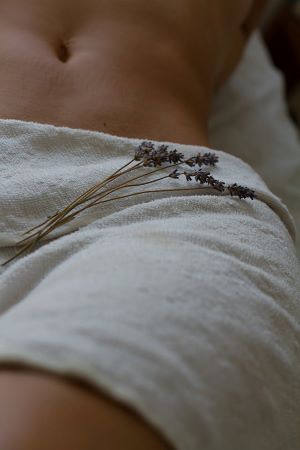
Eating plates of colourful raw vegetables and salads may seem the most natural thing to do in hot weather but, unless you have been blessed with a very strong digestive fire, your body will not be able to absorb all the nutrients locked within the uncooked food. One thing we can do to help support this is by taking digestive enzymes or consuming a little grated ginger, with salt and lemon before eating such foods. Ayurveda recommends eating the right cooked foods rather than raw foods in order to help support and strengthen our “Agni”, and in doing so supports our bodies in extracting and assimilating maximum nutrition from what we eat.
One exception to this rule is ripe fruit, which Ayurveda considers “cooked by the sun”. Avoid sour tasting or under-ripe fruits during summer, as they will increase Pitta.
It can be tempting to indulge in ice creams and cooling sweet treats on a hot summers’ day, however Ayurveda recommends avoiding iced foods and drinks as they will only extinguish further an already reduced digestive fire.
Eat Regularly – Do Not Skip Meals
Missing meals, or waiting until one is ravenously hungry can aggravate Pitta Dosha. Therefore it is recommended to follow regular eating habits, at set times, especially during the summer.
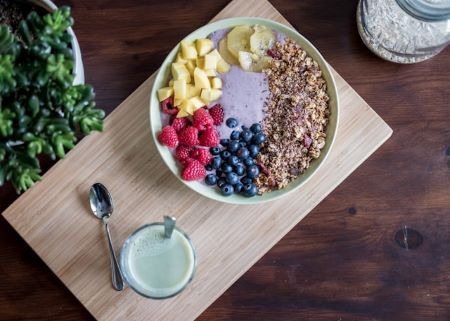
Unless you have a Kapha predominant constitution, it is important to ensure you eat breakfast. A nourishing yet light way to start the day is to eat fruits. For example, pears or apples cooked with a few dried fruits. Cereal, or oats cooked in milk or water along with dried fruits is a more substantial option.
The main meal should be at midday, when the digestive fire “Agni” is strongest.
As an aid to digestion, as well as its cooling effects – Lassi or buttermilk (yogurt/ curd diluted 1:2 with water with added digestive spices, such as toasted cumin, fennel or cardamom are highly recommended in the summer. You can drink this during or after your mid-day meal (note this is not recommended in the evening, due to its kapha increasing qualities).
Keep Hydrated
Pitta has a hot drying quality, so it is important to stay hydrated over the summer.
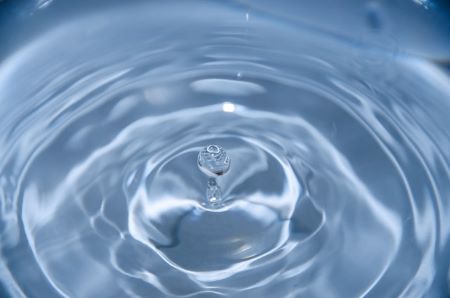
Drink around 8 glasses (2 litres) of clean, fresh water daily. – The amount required will vary greatly depending on the climate where you live and your activity. So be mindful of this.
You can add sliced lemon, cucumber and / or mint leaves to your water for extra flavour, alkaline properties and vitamins!
Sipping on herbal teas that are cooling in nature such as fennel, rose, cardamom are also recommended.
Snack on watery fruits and / or fresh juices (such as watermelon, cucumber, apples, berries) that also help to boost hydration and support electrolyte balance.
Summertime Routine
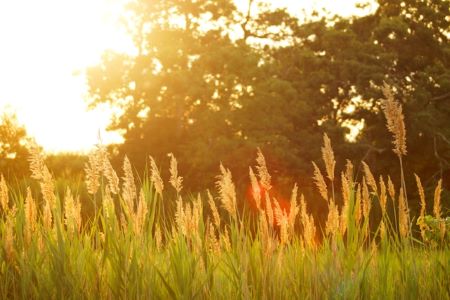
- Daily Ayurvedic oil massage is health-promoting at any time of year, but those with more Pitta in their constitution may want to switch from sesame oil to a cooler oil, such as coconut or almond oil.
- When outside avoid too much direct sun exposure between 10am and 3pm.
- It’s also best to exercise either in the early morning or in late evening.
- Avoid extreme sports during summer as this will overheat your body.
- Because of long summer days it’s tempting to stay up late, but according to Ayurveda, it is best to wake up before sunrise and sleep before 10 p.m., when the kapha period has induced dullness in the body.It is also important to have a gap of at least 2 hours between dinner and sleep time. An ideal time for dinner is 7 p.m. If you’re eating a late dinner, aim for something light and eat 2 hours before you go to sleep.
- Because the sun rises earlier we also tend to wake up earlier during summer. If you go to bed late and get up early, the resulting lack of sleep can put both Vata and Pitta out of balance.
- Watching TV or using your computer late at night tends to aggravate the Pitta located in your eyes. Try turning off electronic devices earlier in the evening to save your eyes from strain.
- Use and diffuse aromatherapy oils that are sweet and cooling. Lavender, rose, jasmine, sandalwood, geranium and mint are recommended.
- Daily meditation and pranayama have many benefits to one’s health on all levels – mind, body and soul and also help in lowering mental and emotional temperature. Having cooling, balancing and calming affects.
Signs that Indicate Increased / Imbalanced Pitta
Physical signs of excess Pitta include skin irritation or rashes, burning or itchy eyes, acidity, burning sensations and acid indigestion. Other signs are inflammation, problems with the small intestine and stomach, diarrhoea, sweating and fever. Prolonged excess of Pitta can result in ulcers and liver disorders.

Mental and emotional signs of unbalanced Pitta include, irritation, anger, hatred, jealousy, being over-competitive and being over-critical of others.
For some people, insomnia increases during the summer months. Waking up in the very early hours and not being able to get back to sleep is usually a sign of Pitta-based insomnia.
Ensuring a Balance is Maintained During Summer
Start early and make changes to our diet and routine at the beginning of the summer. This will help avoid the gradual build-up of excess Pitta in your system and will allow you to enjoy what should be a healthy, happy and blissful time of year.

It is always a good idea to have a more detailed evaluation of your present state of balance, especially when there is a change from one season to the next.
To book an appointment for more personalised information about what diet and routine is best for you at this time, contact me. Such consultations can be useful and insightful, particularly if you are concerned about any underlying health issues.
“Panchakarma” (five actions) for Balancing Pitta
“Panchkarma” is a Sanskrit word literally meaning five (pancha) actions (karma). It is a form of Rejuvenation Therapy composed of a unique set of therapeutic methods designed to cleanse and heal the body physically, mentally and spiritually. Different techniques are applied depending on an individuals needs, constitution, current imbalance as well as according to the season and climate.
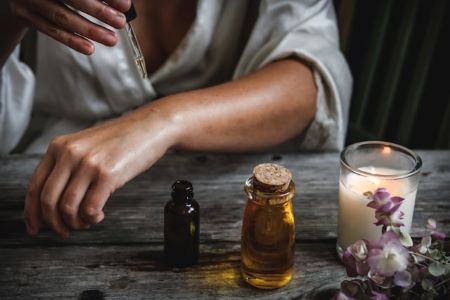
*Pitta Abhyanga – full body massage, with Pitta pacifying oils, that helps to balance all Doshas, increases circulation, releases toxins that accumulate in the cells and tissues.
*Takradhara helps cooling the head and mind. It also relaxes the nerves and us useful for skin problems. It is a unique therapy in which medicated buttermilk is poured onto the forehead in a precise pattern in a continuous stream.
*Netra Tarpana is especially good for eye strain, tired eyes, itchy eyes, bloodshot eyes and a range of other eye problems associated with excess Pitta.
*Virechana – means purgation or any substance that can induce purgation in the body. It helps to remove excess Pitta from the upper intestines, which is the seat of Pitta. It can also help remove any excess Kapha.
*Shiro Picchu and Shiro Basti help relieve stress, remove fatigue, enhance vitality, relieve insomnia, and calm and balance the mind.
Note that Panchkarma treatments are most effective therapies when carried out regularly over a specified time period by a qualified Ayurvedic Doctor or Practitioner that can advise and administer such treatments.
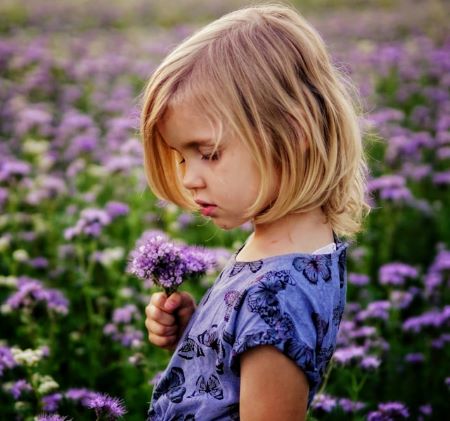
Please note that the information contained within this article is based on my own experience and principles of healthy living from my knowledge of Ayurveda, aromatherapy & holistic wellbeing. The information and recommendations mentioned herein are not intended as a substitute for the medical advice of a qualified healthcare physician or Ayurvedic doctor. If in doubt, or if you may require diagnosis or medical attention, consult your healthcare provider before implementing or adopting any significant diet or lifestyle changes and taking any herbal supplements.
If you are interested to know more about how Ayurveda can support you in living a more balanced and healthy lifestyle please do not hesitate to reach out to me. Contact me to book in for a FREE clarity call.
Main – Photo by Kasumi Sasaki on Unsplash

